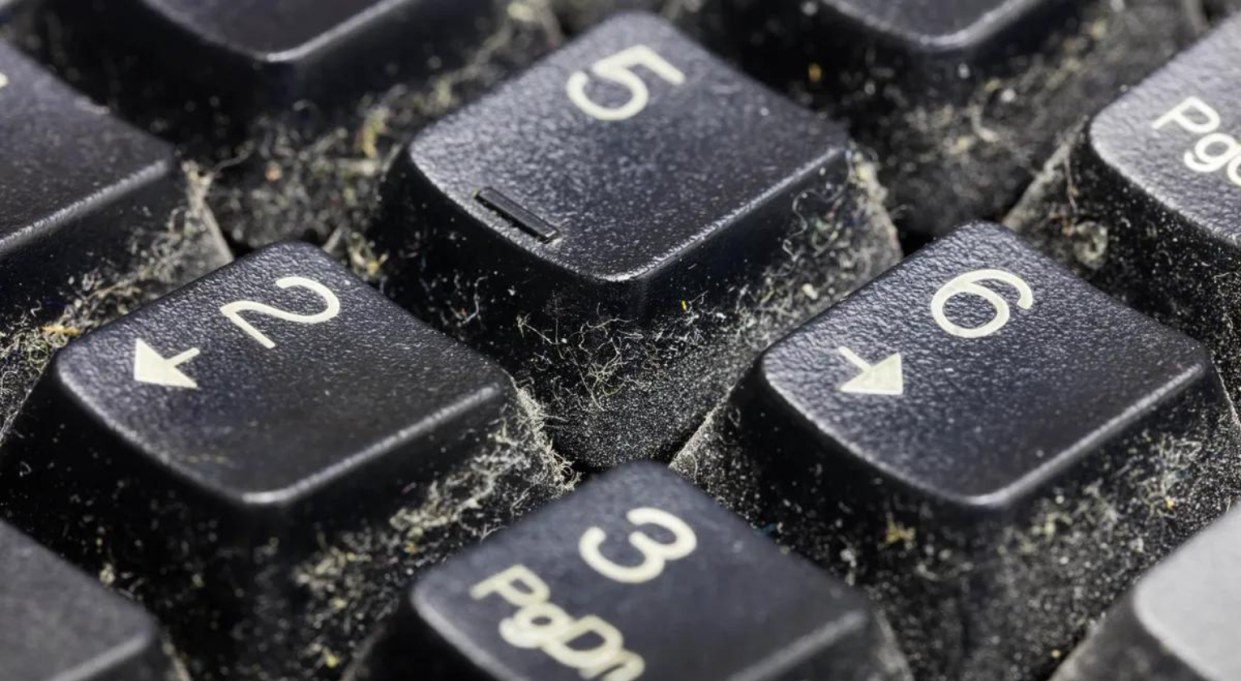How to clean your keyboard: get rid of dust and grime without any damage

Viruses can live on surfaces for up to three days, according to professors from Princeton and the University of Los Angeles. If you’re picking up harmful bacteria then sitting down to work, it doesn't matter if you wash your hands throughout the day: you're picking up the same bacteria from your keyboard all over again.
You could even leave the office Friday, walk back in on Monday and find the same bacteria waiting for you. Yes, this includes the virus we're all currently worried about.
Although fewer individuals touch your keyboard than a door handle, for instance, the danger is in picking up viruses living on it and passing them on to other people, even after you've washed your hands.
There’s no reason to panic and swear off using your computer entirely, but fortunately, there are a few steps you can take to mitigate this. With no screen to worry about, you are able to use disinfectant and isopropyl alcohol to clean your keyboard as long as the applicator is damp, not sopping wet, otherwise you could compromise the machine's innards. There's a few other simple methods you can use, too.

So what’s the best way to go about it? First, unplug the keyboard or turn off your laptop. Turn the keyboard upside down to empty it of debris, but don't shake it. At this point, you can use cleaning putty or a can of compressed air to remove excess dirt and grime.
Next, use either an antibacterial multi-purpose wipe to clean the keys and the rim of the keyboard. If the selfish panic-buyers near you have made that impossible, use a couple of squirts of antibacterial spray onto a piece of clean cloth or kitchen paper and wipe the keyboard down as normal.
You can even create a solution of alcohol and water and either pour it into a spray bottle or dip a cloth directly into the alcohol before wiping down the keyboard. Never spray the keyboard directly, or use a cloth dripping with the stuff, as the liquid should not be allowed to get into the crevices between the keys.
Leave the keyboard to air-dry and you’re done. Wash your hands thoroughly to ensure the environment stays clean and you'll be safe in the knowledge your working environment just got a whole lot cleaner. If you do this regularly, you’ll keep a clean work station and reduce the likelihood of harmful bacteria hitching a ride on your hands.